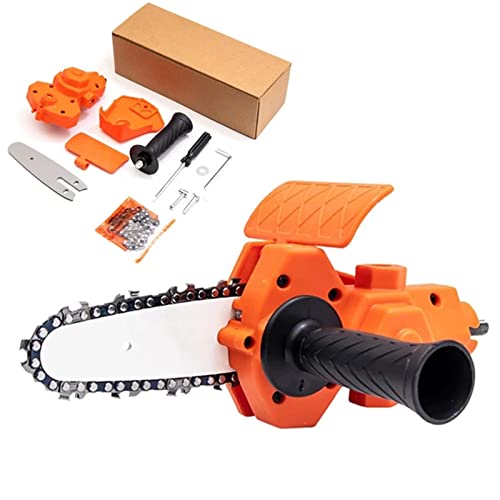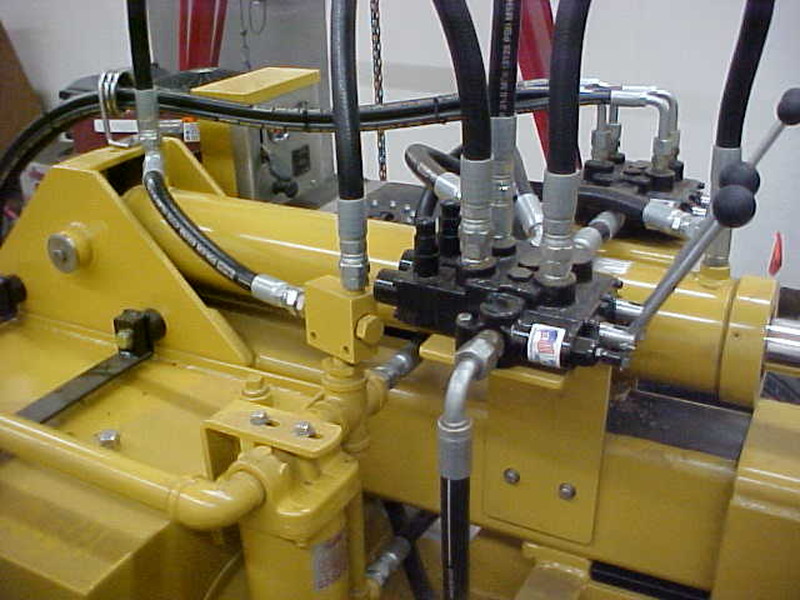Did some math tonight. Unfortunately going to a 5"cylinder that has anything over a 2" rod will not do me any good. My valves only flow up to 25gpm. A 5" cylinder with a 3.5" rod paired with a 22gpm pump would nearly double the gpm out of the cylinder on the retract. So with adding a dump valve, no help. Extra cost of the 3.5 rod cylinder AND a dump valve and the extra plumbing I don't think will be worth it... I'm not selling firewood and don't need a 6 second cycle. I'm very content with a 10-11 second cycle. However cool a super fast cycle would be, I'm back to a standard 5"x24"cylinder.
5" cylinder with 3.5 rod, on 22 gpm pump, you'll have about 43 gpm on the return stroke coming from the cylinder, with a cycle time of 8.4 second (5.5 out, 2.84 return). With a 2" rod, it will be 22gpm, and cylce time of 10.2 (5.5 out, 4.6 return).
You can add a dump valve, and that will be more than plenty for the return stroke. Just get a high enough gpm dump valve. Even if you got the 30 gpm rated dump valve from Splitez, you could effectively handle up to 55gpm on the return, as your control valve will still handle 25gpm (it will handle more than that, but to use nice round numbers). I run a 25 gpm valve on my 4 way and log lift, but I have a 28gpm pump. I wanted it that way to make heat. I have about 35 gallons of oil and I want it to heat up, but I'm also running a cooler that keeps it from getting too warm (set at 140 degrees).
All depends on your operation. How I have mine, it's setup for a 2 man crew, where one guy is running the splitter, and the other if feeding it. If it were a solo operation, then the return stroke would be less of a deal, as you'll eventually run out of wood, but it'll be returned by the time you get wood ready. Since I'm a 2 man, the guy running has to wait for the ram to get out of the way to grab another piece off the lift, so return time is important to me. It comes at a cost though. Anything fast with hydraulics is going to cost you, if you do it safely and use the correct parts. I'd add the 65 gpm valve, in case you upped your pump later on to a 28, then it's ready to go.
Can see a little better of my dump valve. It dumps right to the tank, after the filter and bypasses the cooler.







































































